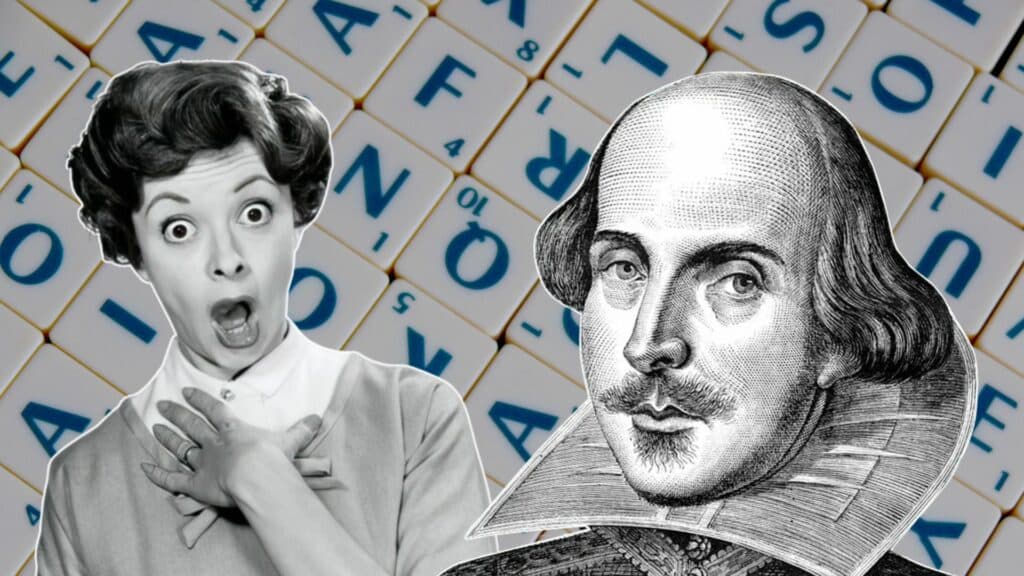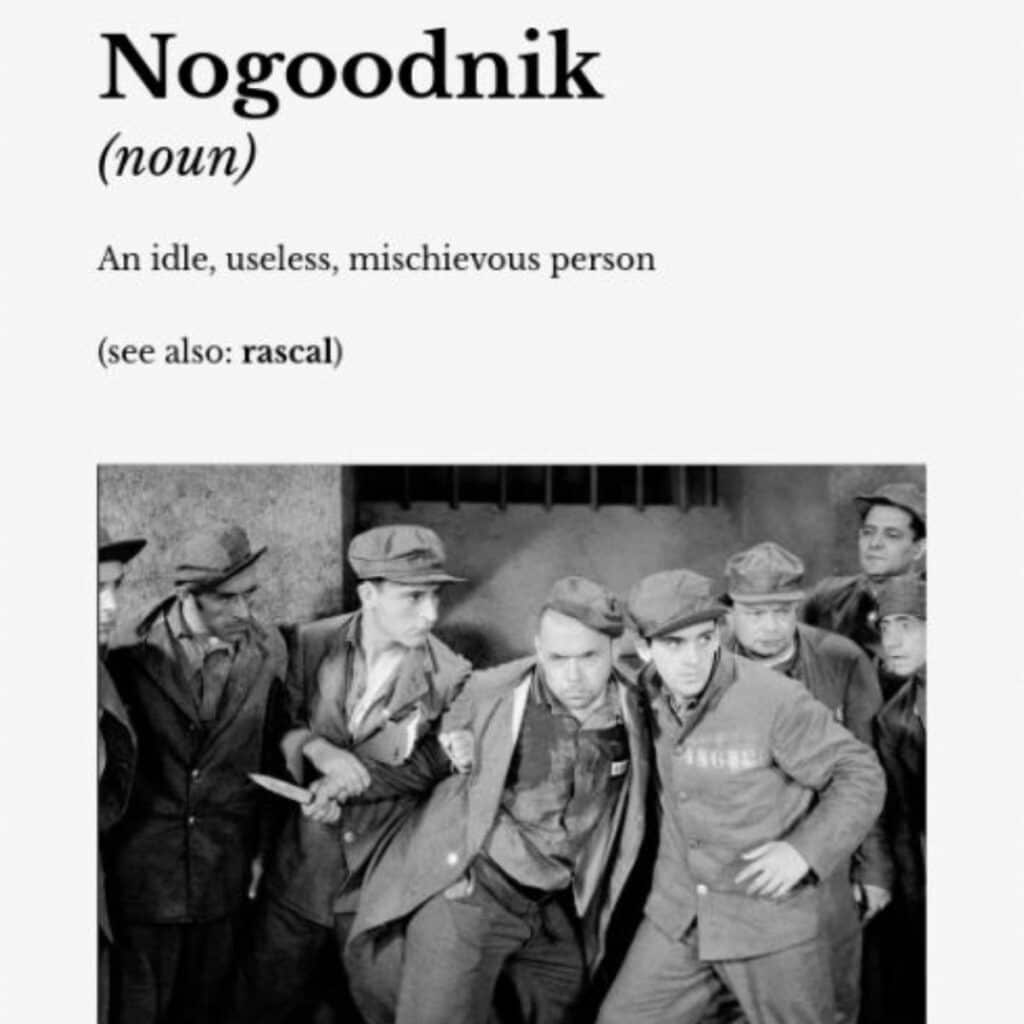This article was originally published on Travellergazette.com

Linguistics is a pretty interesting field of study, and we’re here to prove it! We’ve gathered a list of peculiar and fascinating slang terms that once peppered the vernacular of past decades. From the 20s to the 60s and beyond, language has always reflected society’s quirks and idiosyncrasies. Join us as we explore the colorful and sometimes bizarre expressions that were once commonplace, shedding light on the cultural contexts that shaped them in American society. Get ready to uncover forgotten gems, from whimsical euphemisms to peculiar phrases, as we unravel the linguistic tapestry of yesteryears’ peculiar slang.
#1: Nogoodnik
‘Nogoodnik’ is a colloquial term from the past used to describe a rascal or troublemaker, someone who was basically a no-good. Originating in the early 20th century, particularly in American English, the term combines “no good” with the Yiddish suffix “-nik” to emphasize disdain or contempt for the individual’s behavior or character.

While it’s definitely less common in contemporary language, ‘nogoodnik’ remains evocative of a bygone era and serves as a colorful descriptor for individuals perceived as lacking in moral or societal value, capturing the essence of playful yet pointed language in English vernacular.
